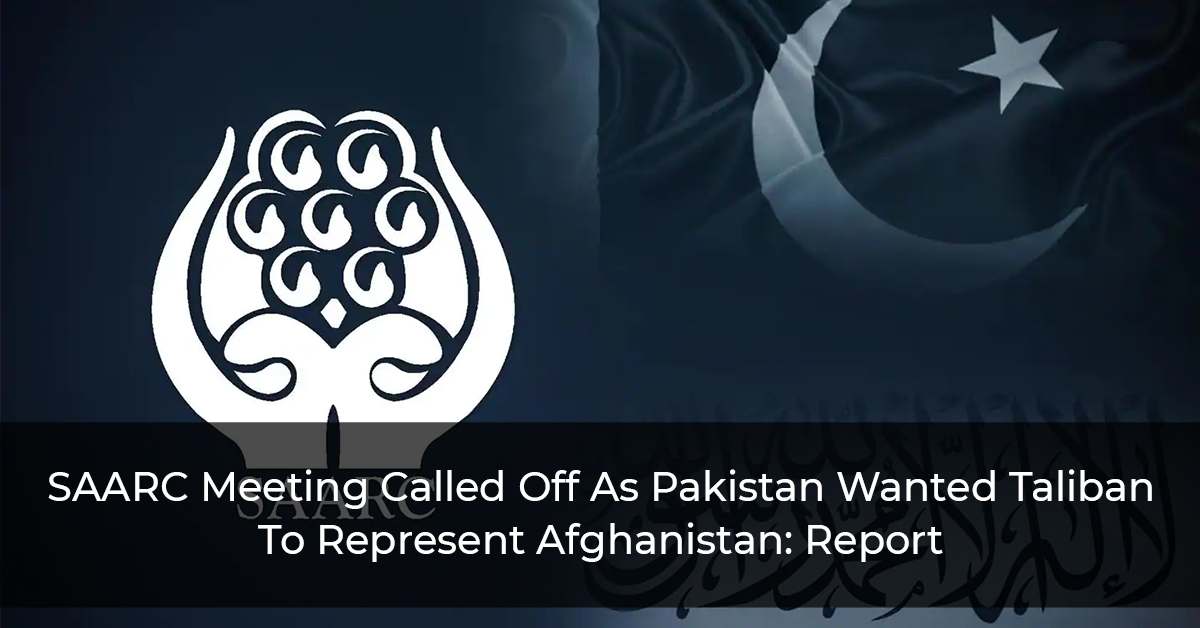Highlights:
- The SAARC member decided to maintain an empty chair as a representation for Afghanistan, but Pakistan opposed, and the meeting was cancelled.
- Even at the worst times of Indo-Pak relations, such as in 2019, the SAARC summit has always been held on the side-lines of the UNGA.
- Since 1997, the meeting has been held on a yearly basis.
The South Asian Association for Regional Cooperation (SAARC) foreign ministers’ meeting set for Saturday in New York has been cancelled.
Pakistan, according to reports, wanted Taliban to represent Afghanistan at the SAARC summit.
India, along with a few other members, opposed to the proposal, and the meeting was cancelled owing to a lack of consensus or concurrence.
The meeting, which is conducted on the sidelines of the United Nations General Assembly each year, was hosted by Nepal.
India has not yet recognised the Taliban. The world has yet to recognise Kabul’s new regime, and senior cabinet officials have been banned by the UN.
Amir Khan Muttaqi, the interim foreign minister of Afghanistan’s Taliban-led government, is unlikely to attend any UN or related meetings.
Moreover, Prime Minister Narendra Modi stated last week at the Shanghai Cooperation Organization (SCO) meeting that the Taliban is a non-inclusive government and that the world must think twice before accepting or recognising the Afghan regime.
Also Read: Government To Investigate Amazon Bribe Charge, Says “Zero Tolerance” For Corruption
He further stated that women and minorities had no representation in Kabul’s government.
The South Asian Association for Regional Cooperation (SAARC) is a regional intergovernmental organisation comprised of eight South Asian countries: India, Bangladesh, Sri Lanka, Bhutan, Nepal, Maldives, and Pakistan.
According to reports, the majority of SAARC countries decided to keep an empty chair for Afghanistan throughout the meeting. However, Pakistan refused to comply, and the meeting was cancelled.
The meeting has been cancelled, according to the SAARC Secretariat, due to a lack of consensus from all member countries as of today.


